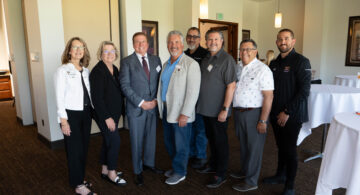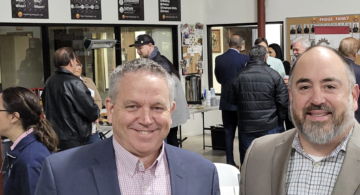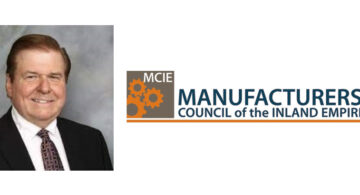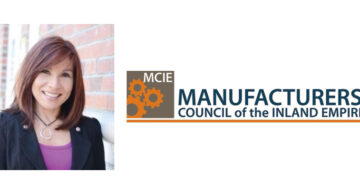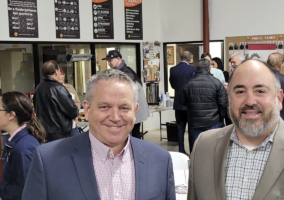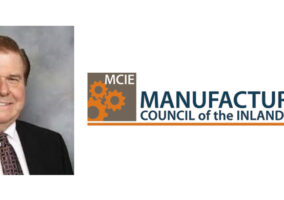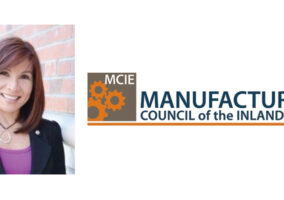Servicization: UCR Professor Evaluates Emerging Business Strategy In Paper

RIVERSIDE, Calif. – University of California, Riverside – The paper concerns “Servicization”, a business strategy which sells the functionality of a product rather than the product itself. Many see this as an environmentally friendly strategy because it encourages manufacturers to take more responsibility for a product throughout its lifecycle. They do this by addressing customers’ ongoing requirements, continually performing maintenance and providing functional and hardware/software upgrades, when required.
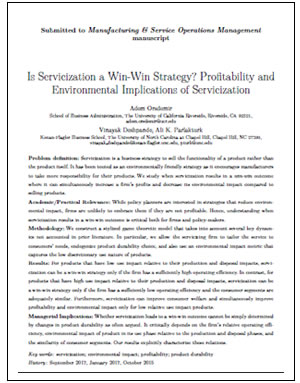
Adem Orsdemir, an assistant professor of operation and supply chain management in UC Riverside’s School of Business, has been working in this field for many years now. His paper “Is Servicization a Win-Win Strategy? Profitability and Environmental Implications of Servicization” co-authored with Vinayak Deshpande and Ali K. Parlakturk, both from University of North Carolina (UNC) at Chapel Hill, will appear in the forthcoming issue of Managing and Service Operations Management.
“The idea came when I was doing my Ph.D.,” Orsdemir said. “I was already working on problems related to environmental sustainability. At the time, I learnt about Interface Inc.’s (unfortunately) failed servicization attempt for carpets. There is a famous Harvard Business School case on this and I wanted to understand what caused Interface’s failure, what could have been done differently. If we really want to create a sustainable world, it cannot be done without corporates engaging with the idea. And, they will engage with the idea if only we can show that there are better ways to create the services/products.”
The authors demonstrate that servicization can be understood as part of a larger economic shift away from manufacturing to what is known as “product-service systems” where manufacturers use their products as a means of delivering services (warranties and maintenance services for autos and other durable goods), rather than just as a final sale. Servicization goes one step further where manufacturers sell services instead of products. With servicization, payments are made based on the amount of use of a product and the inclusion of the operating cost including maintenance and supplies in the service agreement. For example, a washing machine company would install their products in a residential building and charge customers per load. In return they would undertake repairs and ensure the machines were in good working order under the terms of the contract.
“With this study we were able to show that servicization can be a win-win for products with low use impact (relative to their high production disposal impacts) such as carpets only when the firm is very effective in providing the service associated with the product,” Orsdemir said. “On the other hand, for high use impact (relative to their low production disposal impact) products (such as cars and/or washing machines), it can be a win-win situation only when the firm is effective enough to provide the services in a profitable manner.”
Due to the findings in Is Servicization a Win-Win Strategy? Profitability and Environmental Implications of Servicization, firms are able to run the numbers and develop a more viable, and profitable, business model for all, including contributing towards the larger goals of co-existing on a sustainable planet.






